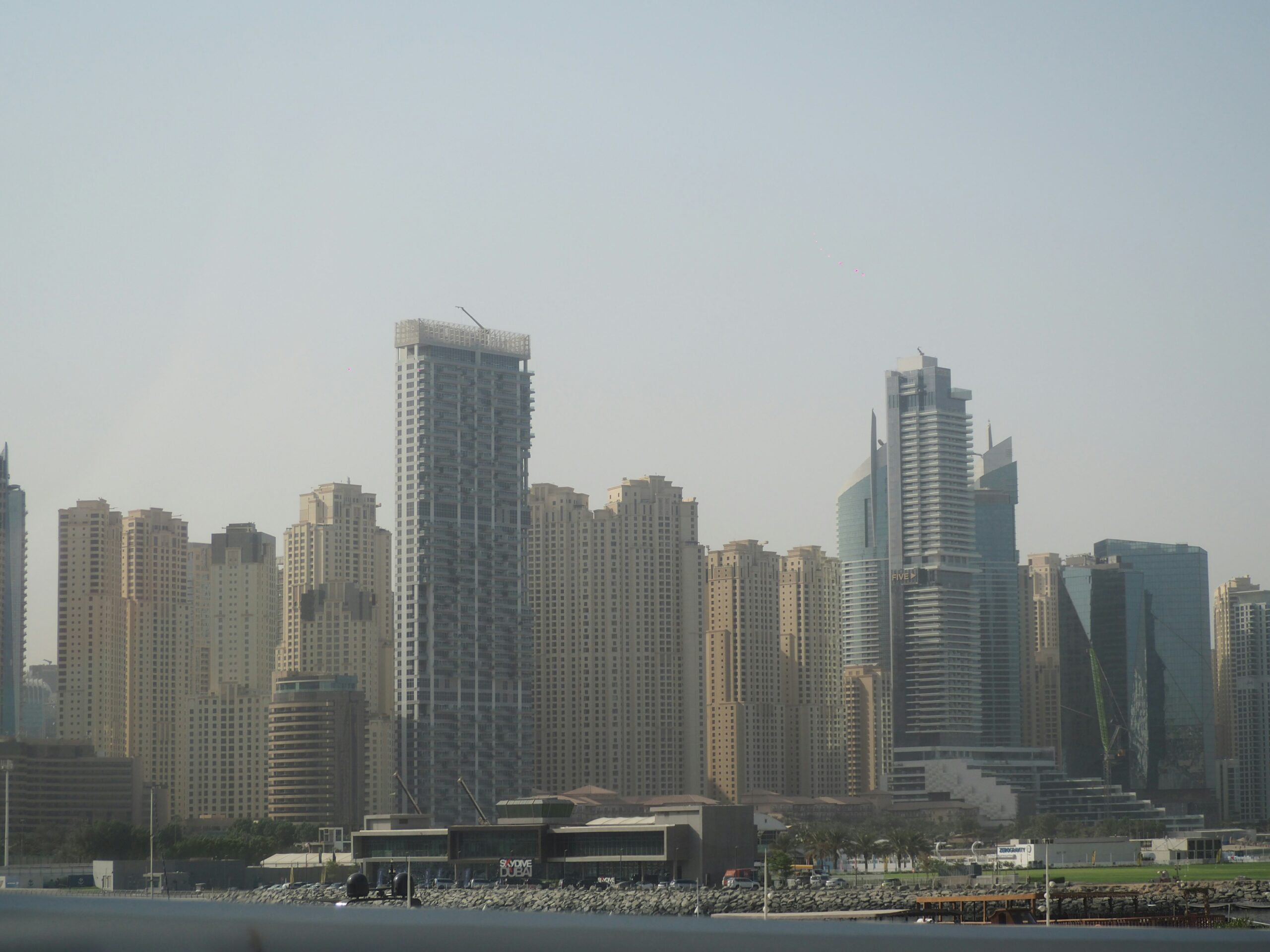Dubai’s real estate market has long been a magnet for foreign investors, thanks to its strategic location, world-class infrastructure, and investor-friendly policies. However, navigating the legal landscape is crucial to ensure a secure and profitable investment. This guide outlines the key legal considerations for foreign investors eyeing Dubai’s property market.
Understanding Freehold vs. Leasehold Ownership
In Dubai, foreign investors can own property in designated areas known as freehold zones. Freehold ownership grants full property rights, including the ability to sell, lease, or pass the property to heirs. Notable freehold areas include Palm Jumeirah, Downtown Dubai, and Dubai Marina. Conversely, leasehold ownership allows property rights for a specified period, typically up to 99 years, after which ownership reverts to the landlord.
Legal Framework Governing Property Ownership
The primary legislation governing property ownership for foreigners is Law No. 7 of 2006, which permits non-UAE nationals to own property in designated freehold areas. Additionally, Law No. 13 of 2008 regulates property registration, ensuring transparency and protecting investors’ rights.
Due Diligence: Assessing Property Legitimacy
Conducting thorough due diligence is paramount. Ensure the property is free from encumbrances, disputes, or legal issues. Verify the authenticity of the title deed and confirm that the seller has the legal right to sell the property. Engaging a reputable legal advisor can facilitate this process.
Registration with the Dubai Land Department
All property transactions must be registered with the Dubai Land Department (DLD) to validate ownership. This registration provides legal recognition and protection of property rights. Marrfa
Inheritance Laws: Implications for Foreign Investors
Under UAE law, inheritance follows Sharia principles, which may differ from the laws of an investor’s home country. To ensure that property is passed on according to personal wishes, foreign investors are advised to register a will with the Dubai International Financial Centre (DIFC) Wills Service Centre. Lawyers in DubaiMarrfa
Financing Options and Mortgage Regulations
Foreign investors can access mortgage financing in Dubai, subject to eligibility criteria set by banks. Typically, banks finance up to 50% of the property’s value for non-residents. It’s essential to understand the terms, interest rates, and repayment structures before committing.
Taxation: Understanding Your Fiscal Responsibilities
Dubai imposes no property tax, capital gains tax, or inheritance tax, making it an attractive destination for investors. However, a 4% transfer fee is levied by the DLD during property transactions. Additionally, if the property is rented out, a rental income tax may apply.
Dispute Resolution: Legal Remedies for Investors
In case of disputes, the DLD’s Rental Dispute Settlement Centre offers mediation and resolution services. For more complex issues, cases can be escalated to Dubai Courts. Understanding the legal avenues available ensures that investors can protect their interests effectively.
Conclusion
Investing in Dubai’s real estate market offers lucrative opportunities, but it’s imperative to navigate the legal landscape diligently. By understanding ownership structures, conducting thorough due diligence, and complying with local laws, foreign investors can safeguard their investments and capitalize on Dubai’s dynamic property market.
Ready to explore Dubai’s real estate opportunities? Visit our blog for more insights or contact us for personalized assistance.




